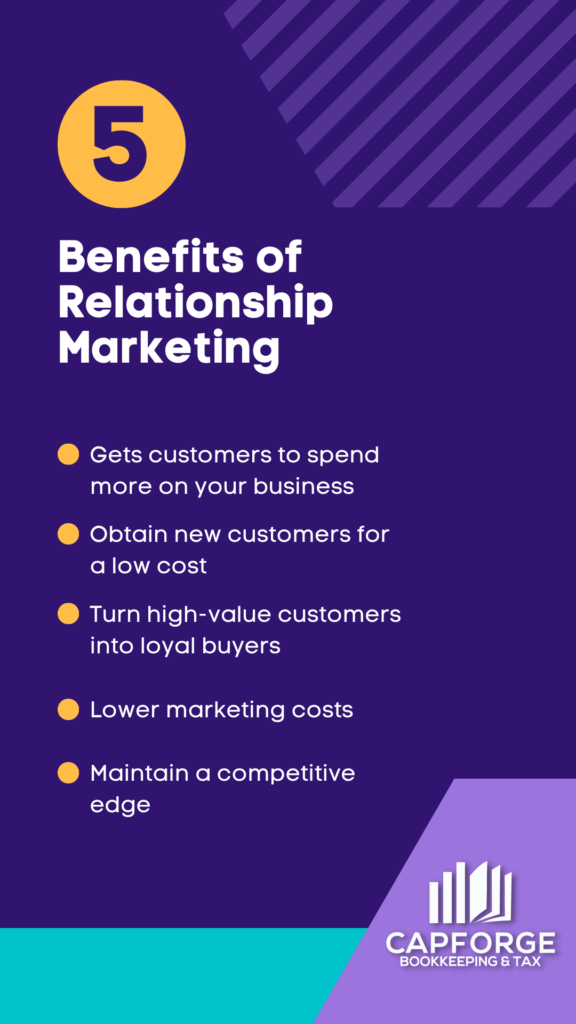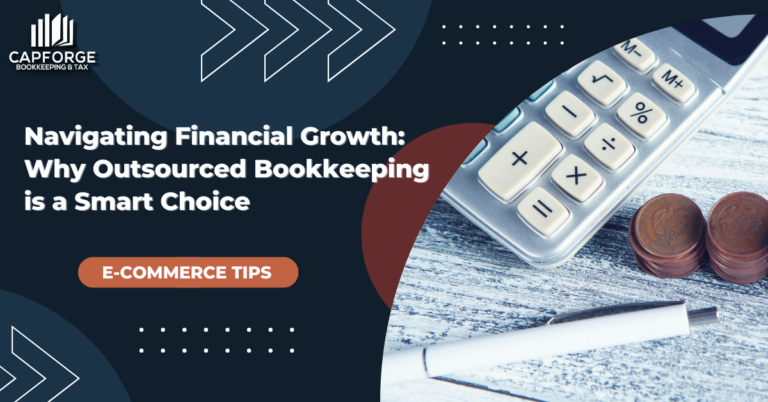Relationship Marketing: Here’s How it Works
Your customers are the lifeblood of your business. Without them, your brand would cease to exist. So, it makes perfect sense to take care of your customers to encourage repeat sales and higher profit margins. One way to achieve this is through relationship marketing, a digital marketing strategy that focuses on creating long-term connections and fostering brand loyalty with buyers.
Most businesses focus solely on acquiring new customers and forget to nurture them. Since there’s no foundational relationship built, buyers lean towards other brands to fulfill their needs. This leads to high customer churn rates, which can negatively impact your bottom line.
To avoid this scenario, you want to leverage relationship marketing and create lasting connections with your customers. Read on to learn more about how this digital marketing strategy works!
What is relationship marketing?
As the name suggests, relationship marketing is a tactic used by brands to connect with their target audience on a deeper level. The focus shifts from customer acquisition to customer retention, thus maximizing repurchase rates. There are multiple ways you can accomplish relationship marketing, and these include loyalty programs, excellent customer service, social media interactions, and more.
While it may seem that most marketing strategies are building some form of relationship with customers, the intended goals are different. Some focus on generating web traffic, while others emphasize conversion rates. That’s how relationship marketing differs; it’s about building emotional connections.
Your existing customers understand your business the most, and they are the ones that see the most value in your products/services.
What are the benefits of relationship marketing
Relationship marketing provides multiple advantages to your business, and these are:
1. Improve customer lifetime value (CRV)
Customer lifetime value refers to the total amount a customer spends throughout their relationship with a brand. By developing stronger connections with customers, businesses can explore opportunities to cross-sell and upsell their existing buyers with greater effectiveness. The great thing about relationship marketing is that it helps improve your CRV numbers and increase your selling probability to returning customers.
2. Generate more sales through referrals
Satisfied customers are more than happy to recommend your products/services to their friends and family. With relationship marketing, you can obtain referrals from your most loyal buyers and generate more sales that way. Word-of-mouth is a cost-effective way of acquiring new customers, and relationship marketing can encourage social proof to help ideal prospects discover your brand.
3. Turn customers into brand ambassadors
One of the biggest advantages of relationship marketing is it turns your loyal customers into brand ambassadors. Imagine the impact your core audience does when they proudly rep your products. Not only do you generate more brand awareness but you also solidify your reputation in the industry you’re in.
Brand ambassadors humanize your brand and make it easier for new customers to connect with your messaging.
4. Reduce marketing costs
Marketing to new customers is an expensive endeavor because it takes skill and experience to make it work. Running campaigns, producing marketing materials, and writing copy requires a sizable budget, making it challenging for small businesses to sustain.
Thankfully, relationship marketing can help bring costs down by nurturing existing buyers. Obtaining referrals means less money spent on customer acquisition, allowing you to build on the foundation you’ve made with customers and encourage repeat purchases.
5. Gain a competitive edge
There are many ways you can differentiate your brand from your competitors, and taking care of your customers is one of them. You can develop an excellent product and sell it to people, but without the emotional connection involved, the chances of your buyers coming back are very low.
With relationship marketing, you gain a competitive edge by showing you value customers beyond their purchases. Their satisfaction is your priority and you go above and beyond to ensure their needs are well-met. By doing so, your customer base is less likely to switch to your competitors and rely on your products/services more consistently.

How do you create a relationship marketing strategy?
So you want to incorporate relationship marketing into your brand, but you’re unsure how to approach it. Don’t worry, these steps will help you develop stronger connections with your buyers and reinforce brand loyalty.
Strategy #1: Listen to your customers
One of the best ways to strengthen relationships with customers is by listening to their feedback. Get a pulse on what customers are saying about your brand so you can make the necessary changes to improve your service.
Implementing a post-sales survey is a great way to obtain customer feedback and learn more about their buying experience. You can use this opportunity to ask buyers about which areas you can improve your service and how you can meet their expectations. You can also tap into your email list or conduct a poll on social media to gain insights into how customers perceive your brand.
Strategy #2: Take advantage of customer relationship management tools (CRM)
Managing consumer relationships takes time and effort. To help simplify the process, you can turn to customer relationship management (CRM) tools. CRM software centralizes your customer’s information into one place, making it easy to connect with them and monitor their interactions with your brand.
Most businesses use CRM tools to track consumer behavior and identify sales opportunities. By tapping into detailed analytics, you can amplify the effects of your relationship marketing and achieve better results.
Strategy #3: Provide excellent customer service
If there’s one thing that makes or breaks a brand’s reputation, it’s customer service. One of the hallmarks of a successful brand is the ability to resolve customer concerns efficiently. Without it, you’ll struggle to build long-term relationships and potentially lose customers to your competitors.
It’s worth investing all the resources you can into creating a strong customer support team. Provide each staff member with the training they need and reinforce the idea that a happy customer is a returning customer.
Strategy #4: Reward your most loyal customers
At the end of the day, relationship marketing is about taking care of your most loyal customers. To achieve this, you want to incentivize their efforts through discount vouchers, rewards, and more.
Implementing a loyalty program works wonders for creating deeper connections with buyers. You deliver on the value proposition and create brand advocates that are willing to vouch for your products. You can learn more about the different types of loyalty programs by reading our article here.
In summary
If you want to build lasting relationships with your customers, you may want to consider relationship marketing. The focus of this marketing approach is to foster brand loyalty and acquire new customers in a more cost-effective way. Hopefully, this article provides you with the information you need to start relationship marketing and cultivate a loyal customer base.
Accurate bookkeeping is essential to maintaining the profitability of your company. If you need any help with expert bookkeeping services, our team is here to help. Feel free to fill out the form below, and we’ll get in touch with you shortly.








